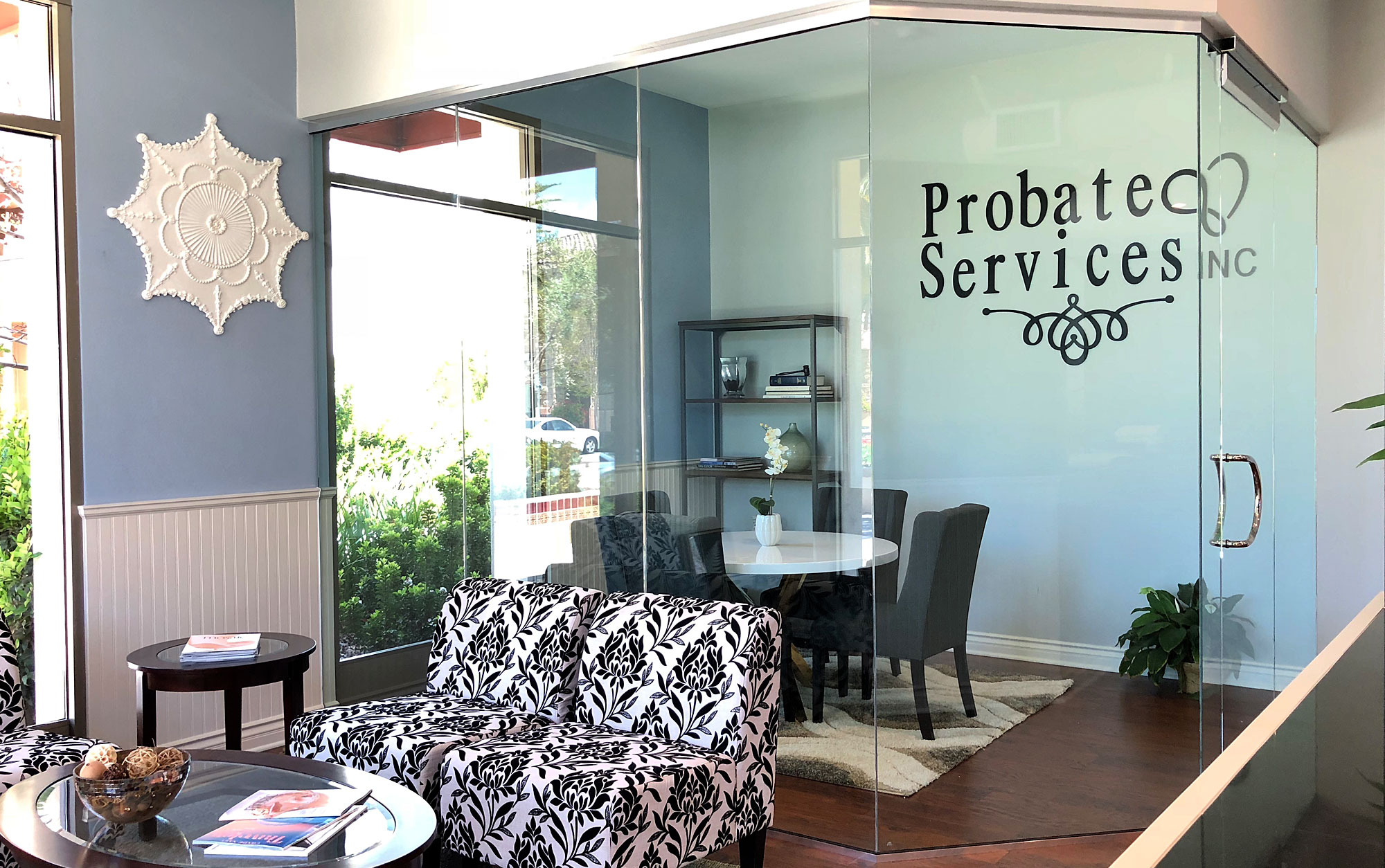Conservatorship vs. Power of Attorney: What’s the Difference?
When dealing with someone else’s business, things have a way of getting legally complicated very quickly. If you’re assisting a loved one with money or making health care decisions, it’s important to understand the difference between conservatorship and power of attorney.
Let’s break it down just simply, so you can make the most informed decision for your case. And if you are in California, Angelique Friend is a reputable professional who can guide you through both of these significant legal instruments.
What is the Power of Attorney?
A Power of Attorney (POA) is a document that allows an individual (referred to as the “agent” or “attorney-in-fact”) to represent another individual (the “principal”) in financial, legal, or health issues.
Types of POA:
- General Power of Attorney: Comprehensive power over most facets of life (typically financial).
- Durable Power of Attorney: Continues if the principal becomes incapacitated.
- Medical Power of Attorney: Provides authority to make medical decisions.
- Limited (or Special) Power of Attorney: For a special job or for a short period.
Benefits:
- Easy to create.
- Inexpensive.
- Easy to cancel at any time.
Drawbacks:
- Needs to be prepared while the principal is mentally capable.
- Can be abused if given to an untrustworthy individual.
Pro Tip: “Always select someone you deeply trust when granting Power of Attorney. They’ll be acting on your legal voice.”
What is Conservatorship?
A Conservatorship is an appointed relationship through the court wherein one (the “conservator”) receives legal authority to provide for and take care of another individual (the “conservatee”) who cannot independently handle their life due to mental or physical handicaps.
Types of Conservatorship in California:
- Conservatorship of the Person: Oversees daily needs such as healthcare, lodging, and groceries.
- Conservatorship of the Estate: Administers finances, property, and bills.
Key Features:
- A formal court proceeding is required.
- Provides greater oversight and accountability.
- Utilized when an individual is already incapacitated or vulnerable.
Limitations:
- More time-consuming and costly.
- Public record.
- Court supervision can be intrusive.
When to Use Each?
Select Power of Attorney If:
- The individual remains mentally capable.
- You desire something more flexible and less expensive.
- You have faith in the person you’re delegating the task to.
Select Conservatorship If:
- The individual is no longer capable of making sound decisions.
- There is a necessity for court oversight.
- The circumstance poses risk of abuse or neglect.
Why Work with Angelique Friend?
If you are in California and making these choices, Angelique Friend can help guide you through the process. With her extensive experience supporting families through probate, POA forms, and conservatorship submissions, she offers empathetic, personalized assistance.
She recognizes that every situation is unique and collaborates closely with family members to build the best protective measures under law.
Speak with Angelique Friend today for trusted support with your probate, POA, and conservatorship needs in California.
FAQs
1. Can I have both a POA and a conservatorship?
Yes, but if a conservator is appointed, they generally take precedence over the POA.
2. Can I contest a conservatorship?
Absolutely. You or a loved one can petition the court to review or terminate it.
3. Is a POA valid after death?
No. All POAs automatically end at the principal’s death.
4. Can I choose my conservator in advance?
Yes. Through estate planning documents, you can nominate someone.
Final Thoughts
Knowing the difference between conservatorship and power of attorney can save you time, stress, and legal headaches in the future. Whether you’re proactive or dealing with an emergency, having your options empowers you to act wisely.
Need guidance? Contact Angelique Friend for professional assistance with POA, conservatorship, and estate planning in California.
Let me know if you’d like me to update this directly on a website or provide a Word/HTML version.


Connect With Us